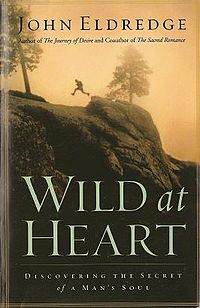Rule 14-1B: "Science" and "Tradition" in Golf
Yesterday, the United States Golf Association (USGA) announced a rule change . Coming into effect in 2016, Rule 14-1B will prohibit the use of so-called "anchored strokes" in sanctioned play. Rather than try to describe what "anchoring" is, here's a helpful graphic provided by the USGA: Source: http://www.usga.org/uploadedImages/USGAHome/rules/UNDERSTANDING%20ANCHORED%20STROKES.jpg As a strategy for putting, "anchoring" has become increasingly popular—and controversial—over the last decade or so. According to ESPN , four out of the last six winners in major championships used "anchored strokes," a rate of success that has fueled speculation about what (if any) competitive advantage such a stroke might confer. I'm not a golf fan, and I don't have an opinion one way or the other. What I'm interested in is the way this issue has been both contested within the golf community and portrayed in the media. Specifically, I was struck by ho







